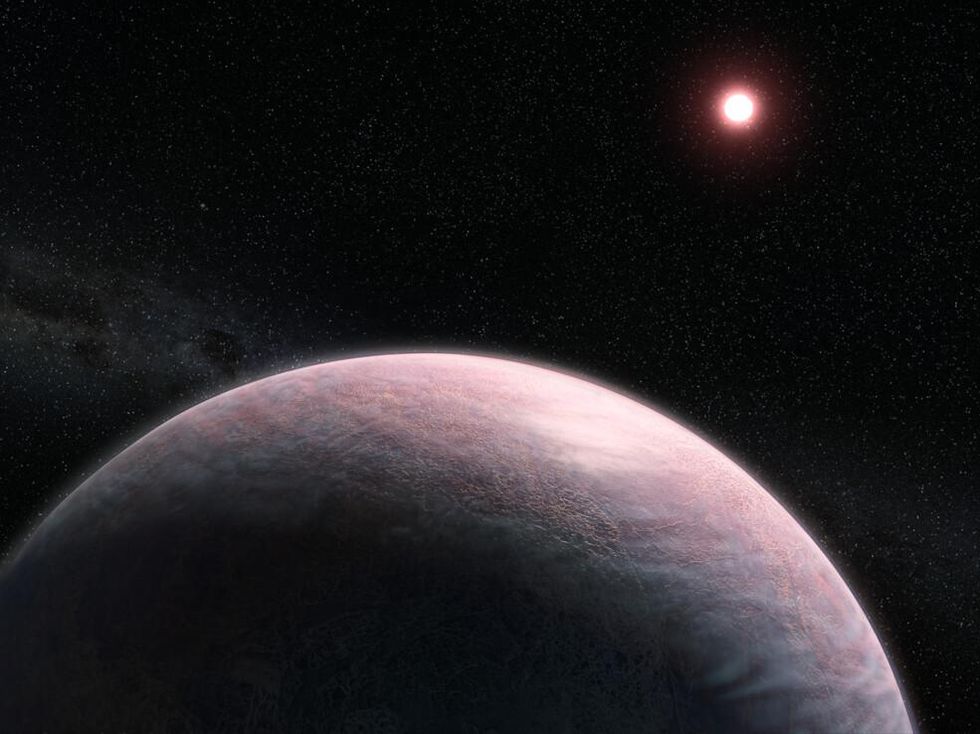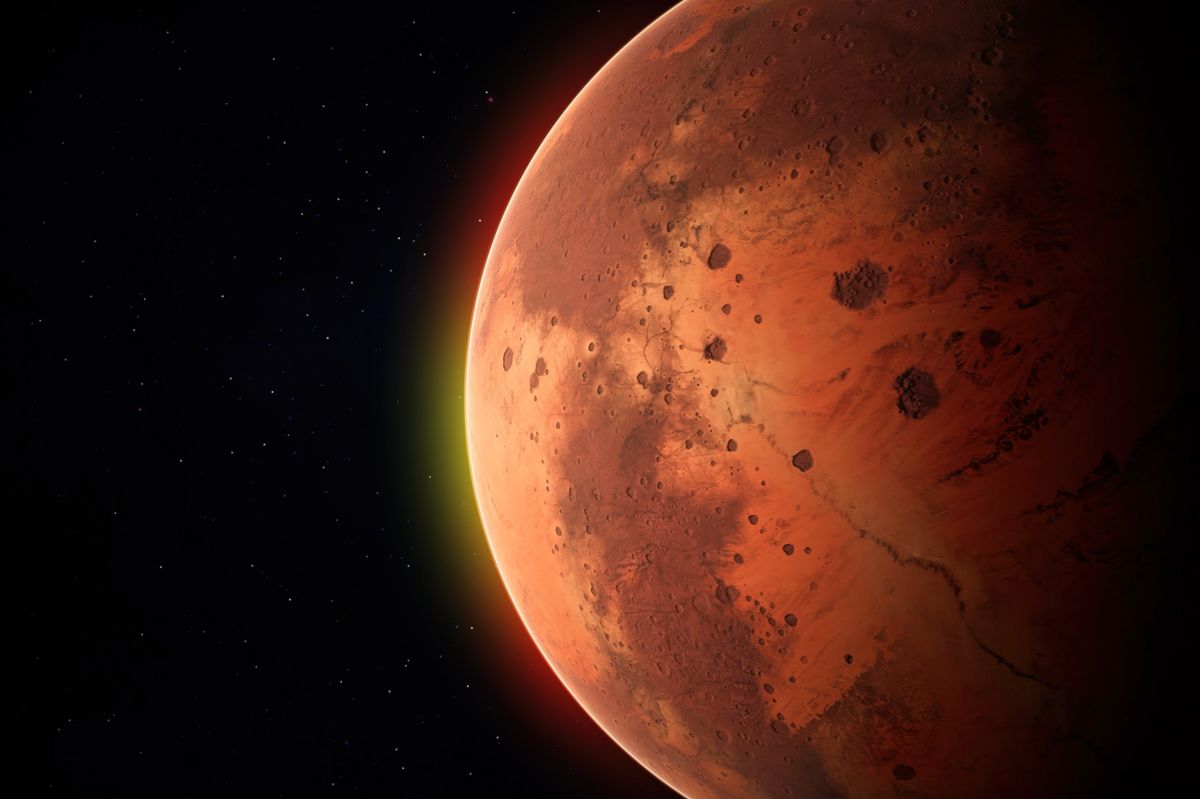Science & Tech
Harry Fletcher
Feb 15, 2023
Is This a Super-Planet That We’ve Never Seen Before?
content.jwplatform.com
There’s been a development in the search for life in the universe, following the discovery of a newly discovered planet that is ‘nearly identical’ to Earth.
The habitable planet, red dwarf Wolf 1069, could very well be worth exploring for alien life according to a new study.
Wolf 1069 b is in the habitable zone of its star and could have an atmosphere, as well as a rocky landscape and Earth-like mass.
Discoveries like this are rare. While more than 5,000 exoplanets have been found by astronomers, only around a dozen are in the habitable zone and have an Earth-like mass.
Sign up for our free Indy100 weekly newsletter
The habitable zone is defined as conditions that allow liquid to form on the surface. Wolf 1069 b is the sixth closest Earth-mass planet in the zone, at a distance of 31 light-years.
It’s thought that Wolf 1069 b is a rocky planet, with a temperature of around minus 23 degrees. However, if the atmosphere has been formed, then the temperature could have risen to 13 degrees.

Astronomer Diana Kossakowski of the Max Planck Institute for Astronomy is the head of the team researching the new developments.
"When we analyzed the data of the star Wolf 1069, we discovered a clear, low-amplitude signal of what appears to be a planet of roughly Earth mass," says Kossakowski.
"It orbits the star within 15.6 days at a distance equivalent to one-fifteenth of the separation between the Earth and the sun.”
The findings have been published in the journal Astronomy & Astrophysics.
ANU’s Astrophysicist and Cosmologist Brad Tucker also spoke about the potential for life on habitable planets relatively close to Earth.
“By being a planet that is nearly identical in width to earth, ever so slightly heavier, but in that habitable zone, the zone that liquid water can exist; it means that there is a strong chance that life may or have in the past or now exist on that planet,” Tucker told Sky News Australia.
A newly discovered exoplanet could be worth searching for signs of life. Analysis by a team led by astronomer Diana Kossakowski of the Max Planck Institute for Astronomy describe a planet that orbits its home star, the red dwarf Wolf 1069, in the habitable zone.
Have your say in our news democracy. Click the upvote icon at the top of the page to help raise this article through the indy100 rankings.
Top 100
The Conversation (0)














